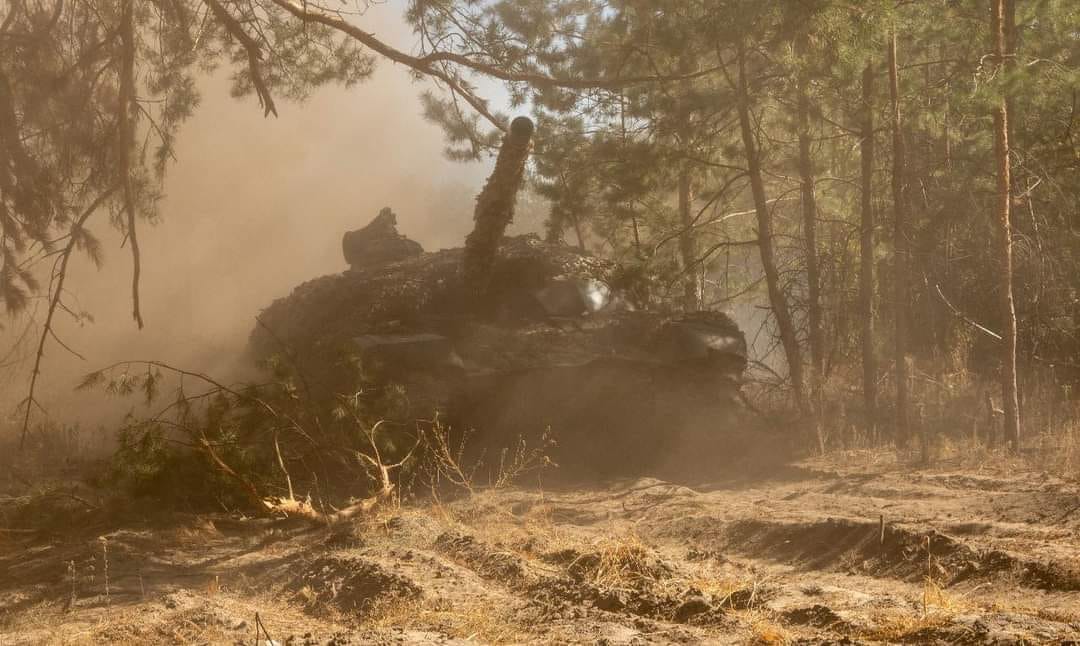The Chief Executive Officer (CEO) of the Russian Mosfilm studios, Karen Shakhnazarov, met with Putin on Nov. 13 to report on the completion of the modernization of the studio which began in 2013. The studio was founded in 1924, as a production unit of the state run film entertainment and propaganda provider.
It was responsible for films directed by such luminaries as Sergei Eisenstein and Andrei Tarkovsky who created many Soviet-era cinema classics including “The Battleship Potemkin,” “Alexander Nevsky,” “Moscow Does Not Believe in Tears,” and “Solaris.”
JOIN US ON TELEGRAM
Follow our coverage of the war on the @Kyivpost_official.
Shakhnazarov told Putin that Mosfilm now had the newest and largest studio premises in Europe and was as advanced as anything available in Hollywood. He said the success of the modernization was down to Andrei Belousov, Russia’s current Minister of Defense who Putin had assigned to supervise the project, saying, “without his energy, perhaps this would not have been possible, would not have happened. He did a much to make it come true.”
He then went on to point out that the studios own more than 190 armored and other military vehicles used for filmmaking purposes which are stored at a Mosfilm facility in the town of Krasnoznamensk, about 40 kilometers (25 miles) southwest of Moscow.
Shakhnazarov said his team of technicians maintain the vehicles and they are all in working order. He then detailed those that Mosfilm had donated to the so-called “special military operation” in 2023: 28 T-55 tanks, eight PT-76 light tanks, six BMP-1 infantry fighting vehicles and eight heavy tractors.

Another Prominent Russian War Critic Found Dead
Screenshot from YouTube of some of the vehicles contained in the Mosfilm garages in Krasnoznamensk, in the Moscow Region of Russia
It is not clear how many if any of the vehicles were deployed to the war in Ukraine, but open-source intelligence groups that track Russian military equipment losses have previously reported how Moscow removed outdated tanks from long-term storage and had sent them to the front line.
You can also highlight the text and press Ctrl + Enter







